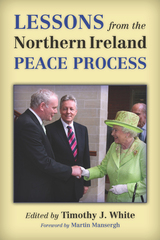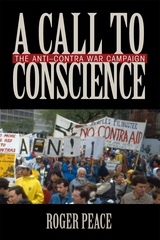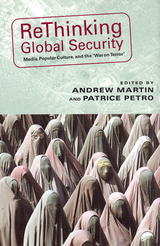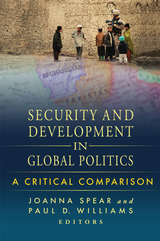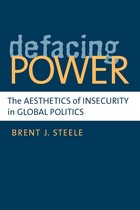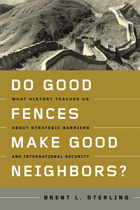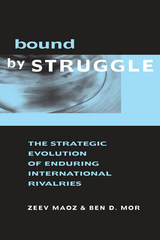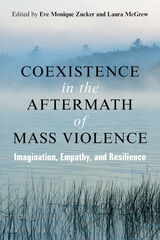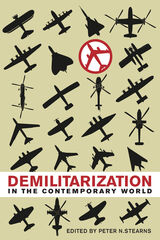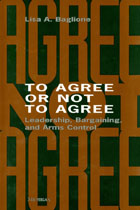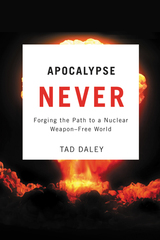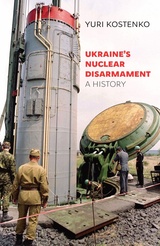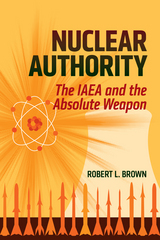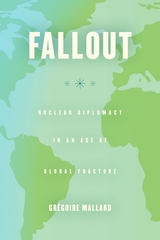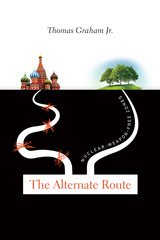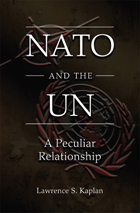Paper: 978-0-472-05465-7 | Cloth: 978-0-472-07465-5 | eISBN: 978-0-472-12719-1
Library of Congress Classification JZ5597.C64 2020
Dewey Decimal Classification 303.69
Coexistence in the Aftermath of Mass Violence demonstrates how imagination, empathy, and resilience contribute to the processes of social repair after ethnic and political violence. Adding to the literature on transitional justice, peacebuilding, and the anthropology of violence and social repair, the authors show how these conceptual pathways—imagination, empathy and resilience—enhance recovery, coexistence, and sustainable peace. Coexistence (or reconciliation) is the underlying goal or condition desired after mass violence, enabling survivors to move forward with their lives. Imagination allows these survivors (victims, perpetrators, bystanders) to draw guidance and inspiration from their social and cultural imaginaries, to develop empathy, and to envision a future of peace and coexistence. Resilience emerges through periods of violence and its aftermaths through acts of survival, compassion, modes of rebuilding social worlds, and the establishment of a peaceful society.
Focusing on society at the grass roots level, the authors discuss the myriad and little understood processes of social repair that allow ruptured societies and communities to move toward a peaceful and stable future. The volume also illustrates some of the ways in which imagination, empathy, and resilience may contribute to the prevention of future violence and the authors conclude with a number of practical and policy recommendations. The cases include Cambodia, Rwanda, Sierra Leone, Somaliland, Colombia, the Southern Cone, Iraq, and Bosnia.
See other books on: Cross-cultural studies | Ethnic conflict | Imagination | Peace | Reconciliation
See other titles from University of Michigan Press


